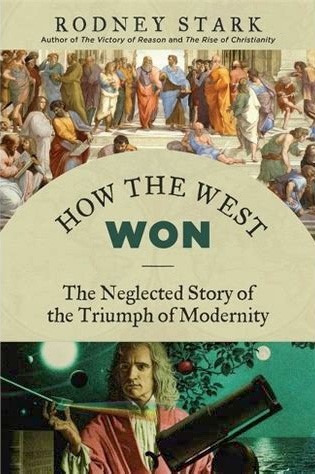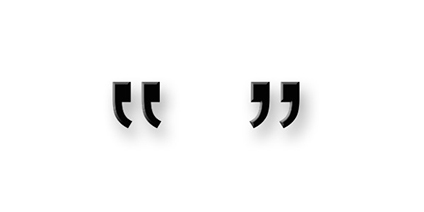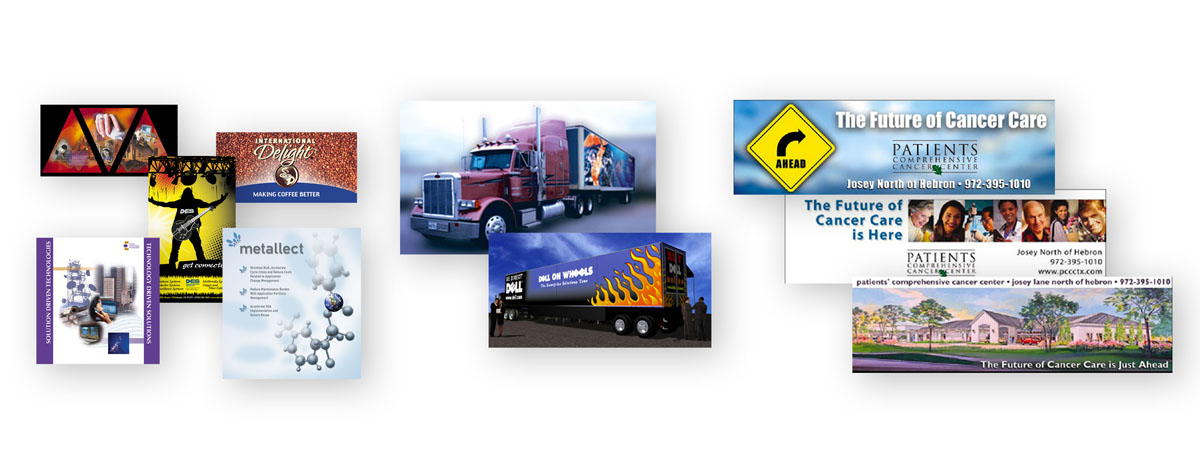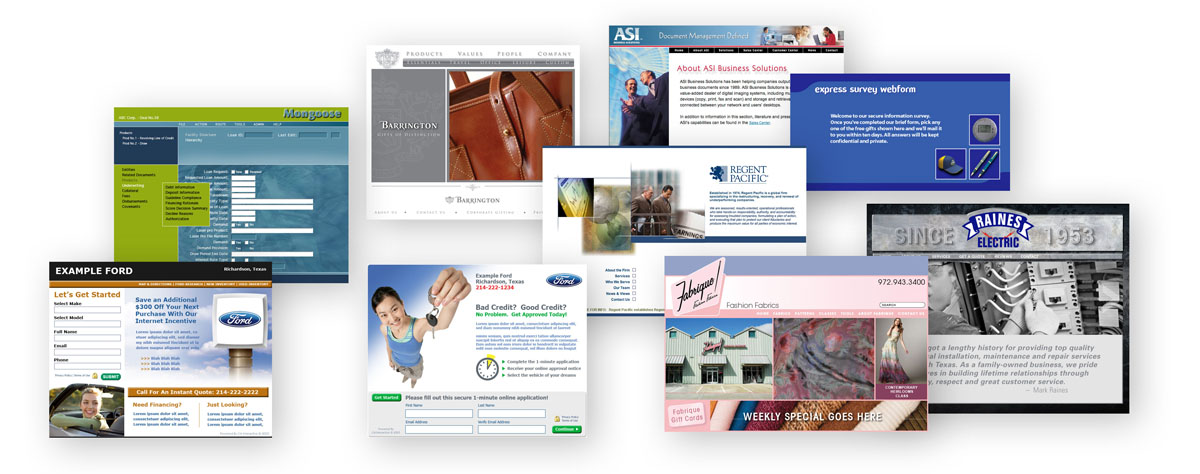Progress

Context, Compilation, and Convergence
Everything we think we know (i.e. “Science”) is history-based and dependent on three elements — context, compilation, and convergence. Notice that I didn’t say, “everything we believe” (i.e.“Ideology”). Ideology is sometimes based on science, more often based on emotion, and occasionally based on superstition — those last two comprising the majority.
Context
According to the Census Bureau, the median age of Americans today is 38.9 years. That means, the average American is too young to have first-hand memory of the invention of mobile phones (1983), Route 66 (deleted from maps in 1985), the space shuttle Challenger explosion (1986), or the Chernobyl nuclear reactor melt-down (1986).
I’m not suggesting they don’t have knowledge of those things. I’m saying they were too young to have experienced those things firsthand. Their knowledge is secondhand, provided by the news media — which we all know is scrupulously honest — by historians — none of whom have a personal agenda — or by Hollywood — don’t even get me started.
Only the eldest two percent of Americans are old enough to have experienced events like the Great Depression or World War Two. That means we’re basing almost all our understanding (including science) on the accuracy of those who went before us. That’s not as bad as it sounds because lots of people preceded us, corroborating, disputing, and documenting each other’s findings.
But more important, we rarely understand the historical context in which various scientific advances came about.
Compilation
With our limited contextual understanding, it’s easy to forget that most of what we take for granted didn’t happen all at once in some distant epiphany, like Columbo solving a murder mystery, catching the killer, and seeing their conviction, all in sixty minutes (42 minutes if you subtract the commercials). Knowledge was compiled from multiple sources building on each other.
That ancient cave-dude didn’t discover fire by stubbing his toe on a box of kitchen matches accidentally discarded by some careless time traveler. He (or she) encountered red-hot embers as a latent result of lightening from above or lava from below. Even after discovering fire, how long did it take ancient cave-dude to realize that meat cooked over that fire had a far more favorable effect on his bowels than eating his uncooked next-door neighbor? It likely took centuries of evolution, building on the experience of predecessors, for the benefits of that fire to be realized.
The Renaissance was not the result of some instantaneous revelation. It was the culmination of shared understanding that started with the oldest universities during that period we ignorantly refer to as the Dark Ages. Isaac Newton, in 1676, used the phrase “standing on the shoulders of giants” to describe how his “discoveries” were made based on what he’d learned from those who went before him. Copernicus would never have come to understand the planets were it not for the Muslim invention of lenses long before he was born.
Convergence
Perhaps the greatest leaps in science occur when multiple areas of study converge due to simultaneous technological discoveries. The Industrial Revolution is a perfect example of technologies converging to create a positive ripple in our historic timeline.
We’re rapidly approaching a scientific convergence with the potential to significantly shift the trajectory of future history. Since the invention of the pacemaker, the science of human-machine interface has been advancing by leaps and bounds. Combined with advances in our understanding of neurology and genetics, the scientific leapfrogging is unparalleled. The only obstacles are limited computing power and the need for expanded research capabilities. Enter Quantum computing and Artificial Intelligence. We may well be approaching the onset of a new Renaissance.
The Dilemma
The overwhelming majority of scientific advances have been made by those seeking the betterment of mankind, but ideological flaws have converted most of those discoveries into opportunities for subduing fellow humans — either perceived as a threat or perceived to be inferior and, therefore, exploitable.
As the power of the technology increases, so too the threat of destruction via mistake or misuse becomes more substantial (note the difference between misusing dynamite and misusing a nuclear device). Are we headed towards the great awakening or the final judgement?
Some days I’m happy to be an old fart who probably won’t be around long enough to witness that outcome.
 Let’s talk. I’d really like to hear what you have to say, and it might even give me something to write about. Email me at guy@lawsoncomm.com.
Let’s talk. I’d really like to hear what you have to say, and it might even give me something to write about. Email me at guy@lawsoncomm.com.
I’ll buy you coffee and we can compare notes. I promise not to steal your ideas without permission.
![]()
Continuous improvement is better than delayed perfection.
— Mark Twain

Did someone forward this newsletter to you after reading it themselves? Don’t settle for that!
CLICK HERE
to get a fresh, unused copy of this newsletter sent directly to you every Sunday morning. If you decide it stinks, you can always unsubscribe.

How the West Won
— Rodney Stark
This guy is an incredible researcher and his rational approach to how things came about is a delightful departure from the typical agenda-driven college professor. He clearly understands the inter-connectedness of all history and the overlooked details that shaped the world we inherited. I read this book a couple years ago but I’m rereading it with renewed interest.
A meeting of great minds who think alike












